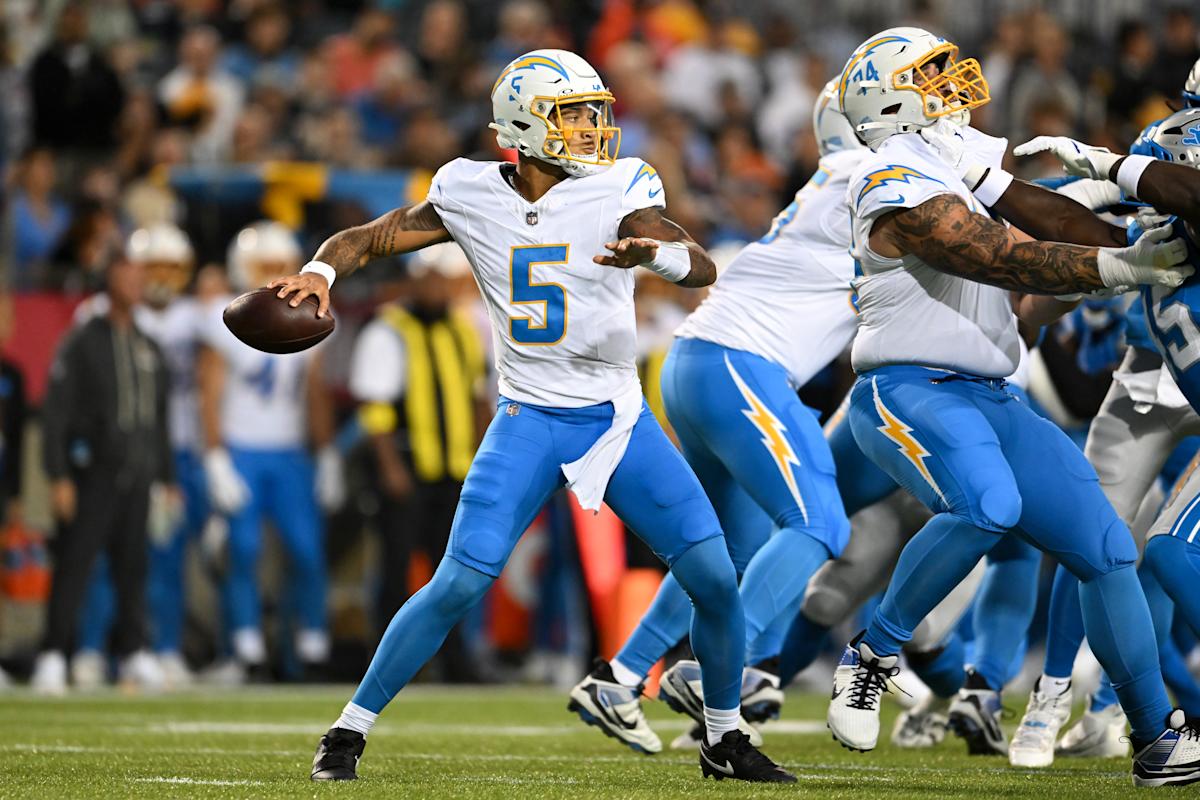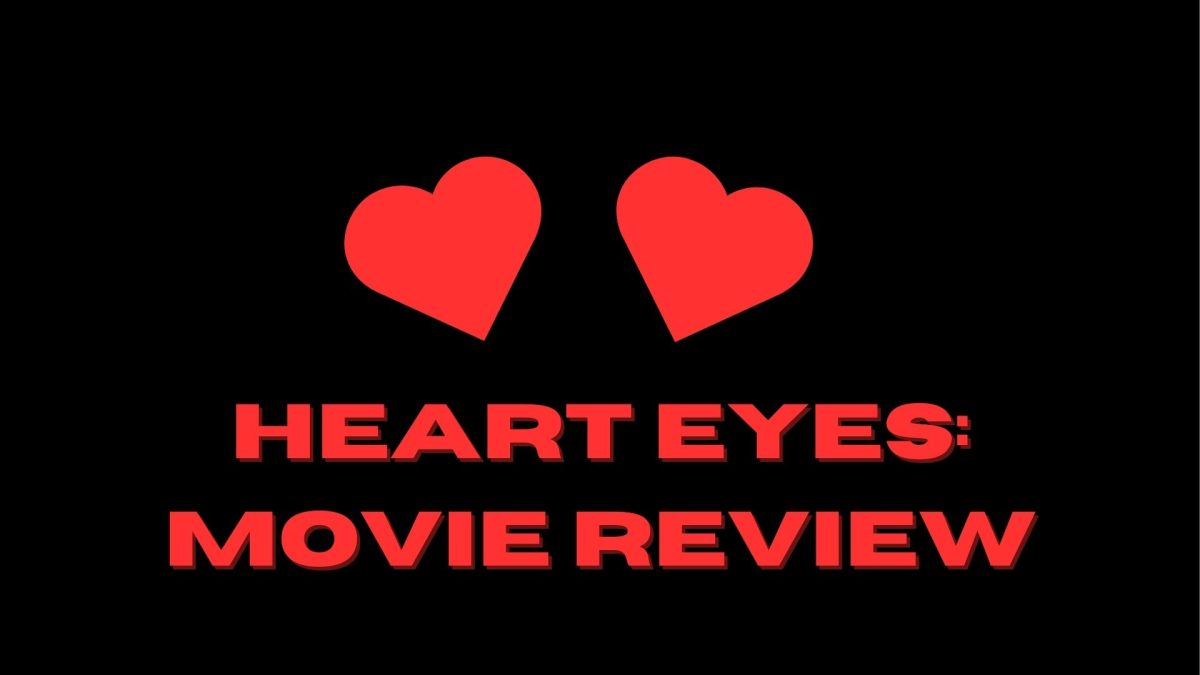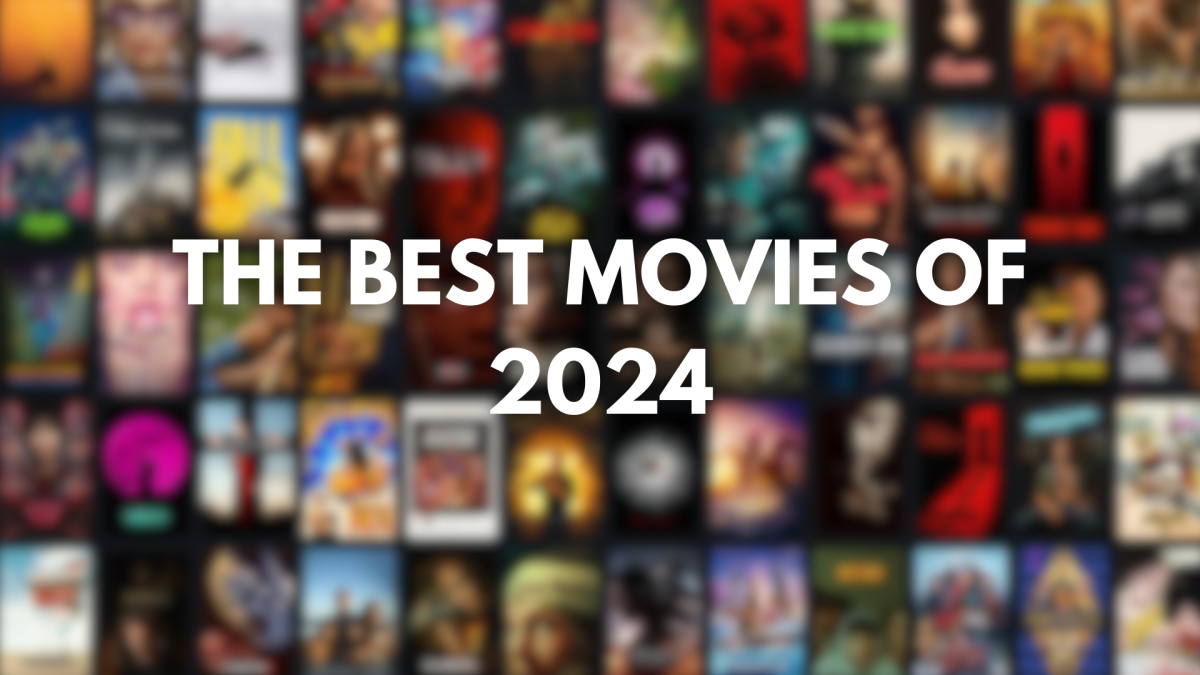It’s an oversimplification to say that this past summer was an especially turbulent one for the film industry. While more people have steadily continued to return to movie theaters post-lockdown, the industry itself has faced challenges as the WGA and SAG-AFTRA went on strike due to worsening pay and conditions. Though the film industry seems to be in an uncertain place going forward, this past summer was also home to multiple major cinematic events that could define the future of cinema in their own right. Let’s talk about them!
Opening the summer was Spider-Man: Across the Spider-Verse, a stunning work of art and groundbreaking work of animation in multiple aspects, breaking multiple barriers in terms of visual style, rating, box office, and representation. However, reports of the film’s production once again remind of the troubled state of the film industry, as articles by The Vulture and Collider soon came to detail the crushing working conditions for the film’s animators. As almost a dark multiversal inverse to Spider-Verse, DC’s The Flash arrived in multiplexes two weeks afterwards. Another victim of troubled production, The Flash shows it in far more unfortunate ways on screen, critiqued upon release for shoddy, seemingly unfinished visual effects and a messy multiversal narrative. Following in The Flash‘s footsteps, big Disney releases Indiana Jones and the Dial of Destiny and Haunted Mansion came out not long after to disappointing receptions both financially and critically. Thankfully, for blockbuster fans unsatisfied with either the quality or title complexity of any of these releases, Mission Impossible — Dead Reckoning: Part One came to theaters soon after, a welcome tonic for all audiences who felt they’d gone too long without watching Tom Cruise try tempt death in the most grandiose ways possible.
Of course, big budget blockbusters weren’t the only thing that came out this summer. Wes Anderson’s Asteroid City arrived in theaters, a film that is equal parts delightful and melancholic in its examination of the ways in which we use art and artifice to process grief, a narrative delivered poignantly though its director’s precise visual style. On the same day, festival darling Past Lives received its wide theatrical release. The film, Korean-American director Celine Song’s debut, is a thoughtful drama about memory and the ways in which we imagine our lives and relationships could have gone, and is definitely worth looking out for come award season. On the straight to streaming end, though no less deserving of acclaim, are Netflix originals Nimona, an animated graphic novel adaptation that soars in its centering of an explicitly queer narrative and They Cloned Tyrone, a sharp sci-fi genre-mashup satire. Also worth noting are Theater Camp and Talk To Me, the former a hilarious mockumentary comedy, the latter a terrifying supernatural horror flick, both extremely fun ways to spend 90 minutes of your day.
Undoubtedly bigger than all of these was Barbenheimer, the combined release of Barbie and Oppenheimer. More than anything else, these films have dominated the summer movie scene, and rightfully so; they’re both fantastic. Barbie, directed by Greta Gerwig of Lady Bird and Little Women fame, is both a hilarious comedy and an insightful story about gender roles under the patriarchy. Meanwhile Oppenheimer, directed by Christopher Nolan of filmbro poster fame, is a harrowing portrayal of the chain reactions, both political and psychological, caused by the creation of the atomic bomb, as well as just a purely astounding feat of filmmaking prowess. The success of these two director-driven movies, one a weird, meta-examination of a popular children’s doll and the other a 3 hour R-rated historical drama, signals something of a change in the film industry. In a year where films that would previously be surefire successes, like the superhero origin story Blue Beetle or blockbuster franchise sequel Fast X, have found little luck at the box office, it’s fascinating to see films like Barbie and Oppenheimer succeed so hugely. Studios are already trying to replicate the success of Barbenheimer– Paramount’s failed attempt at kickstarting a Saw Patrol double feature and Mattel’s announced slew of toy-based make that clear, but only time will tell exactly how Barbenheimer will change the movie industry.



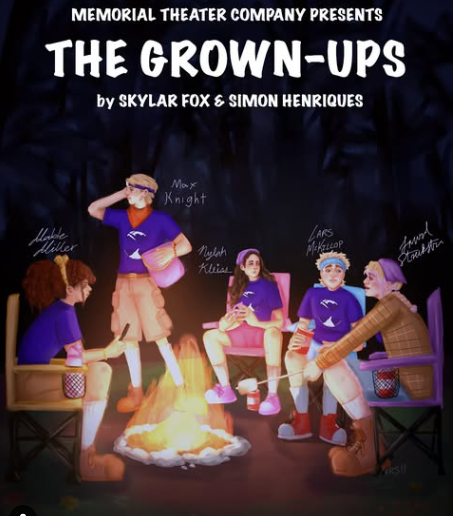






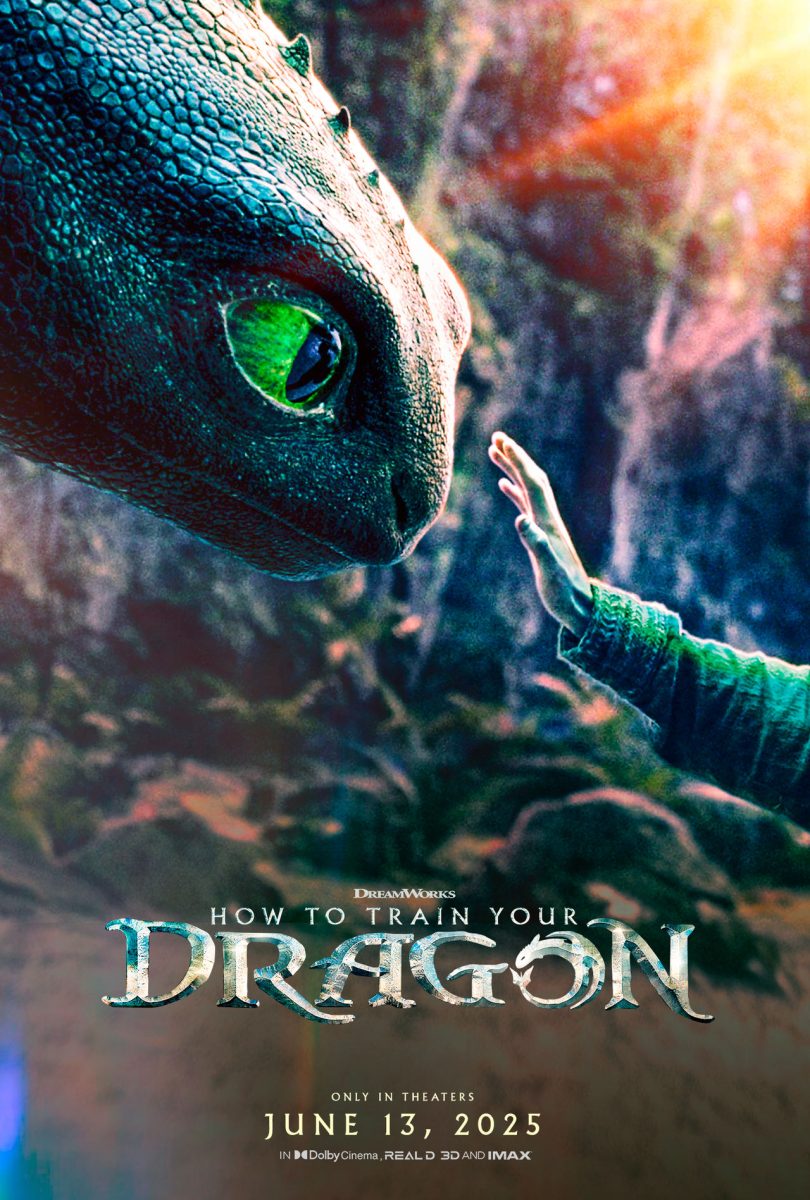


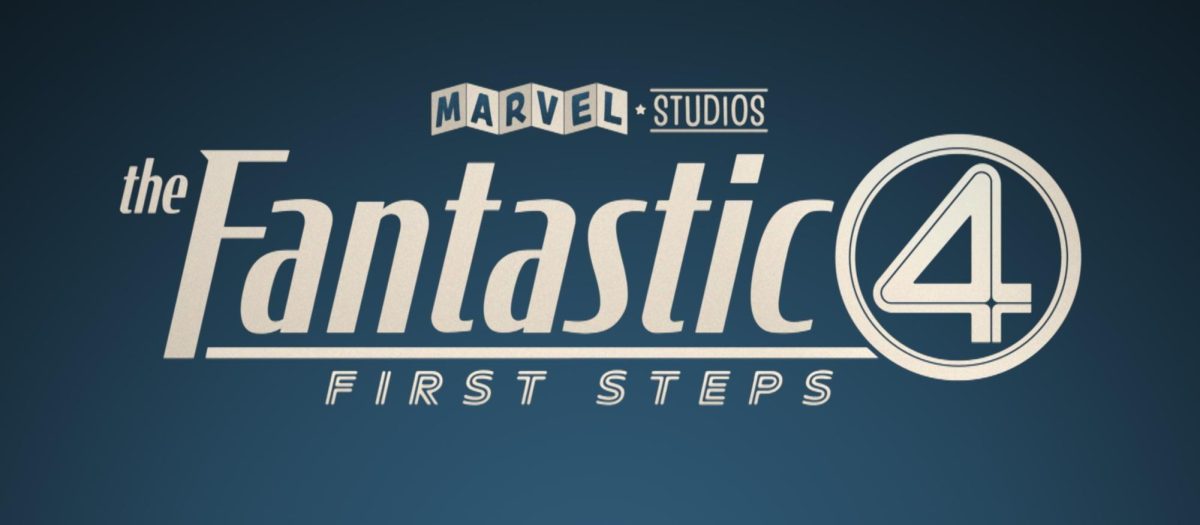











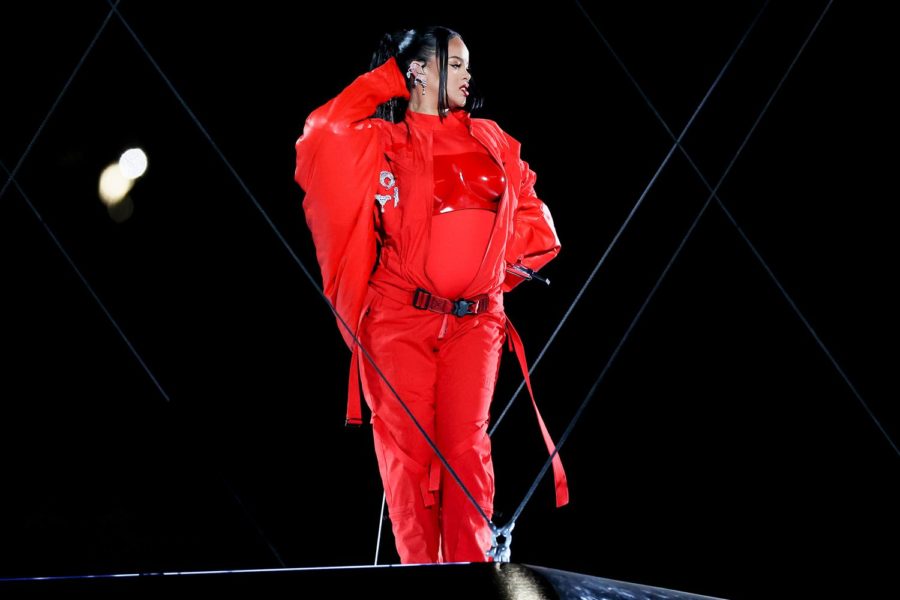





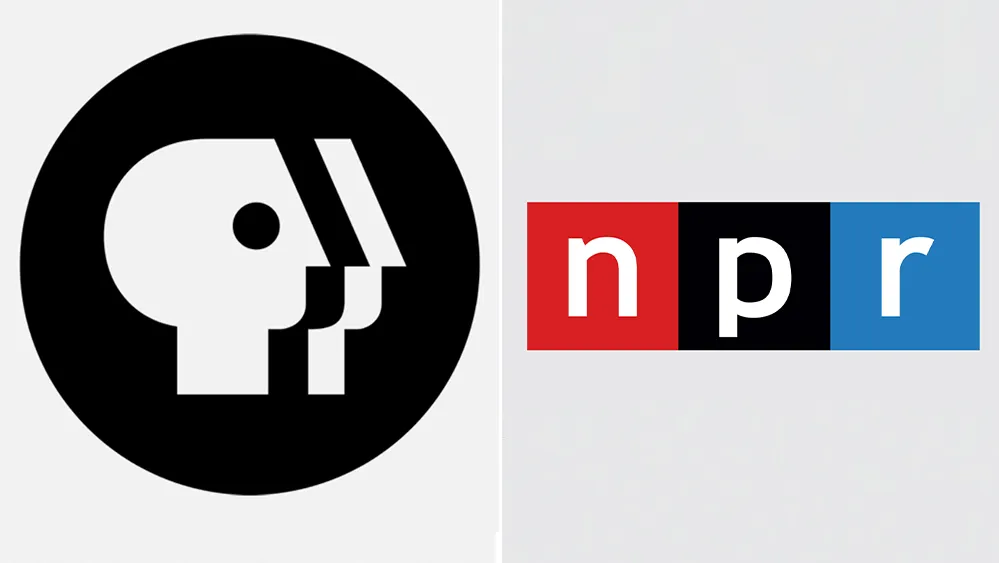








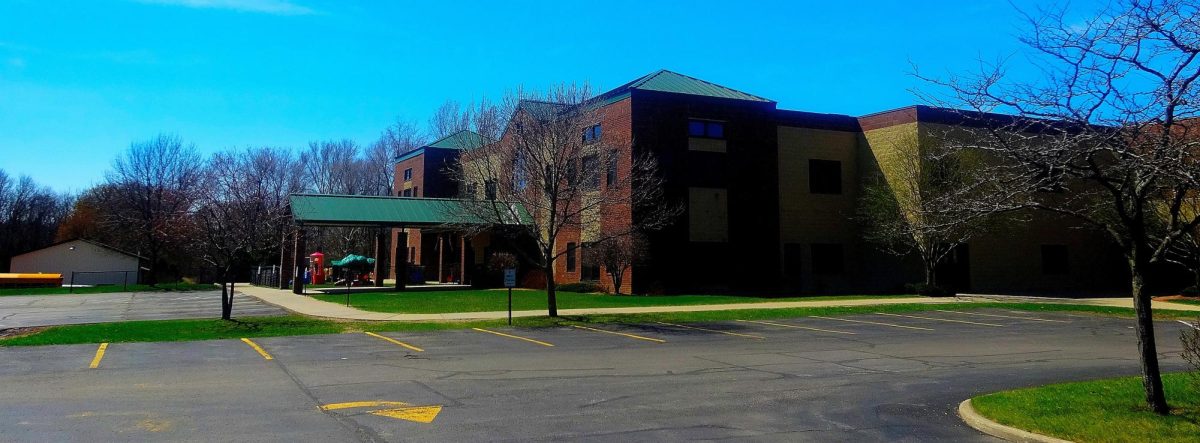
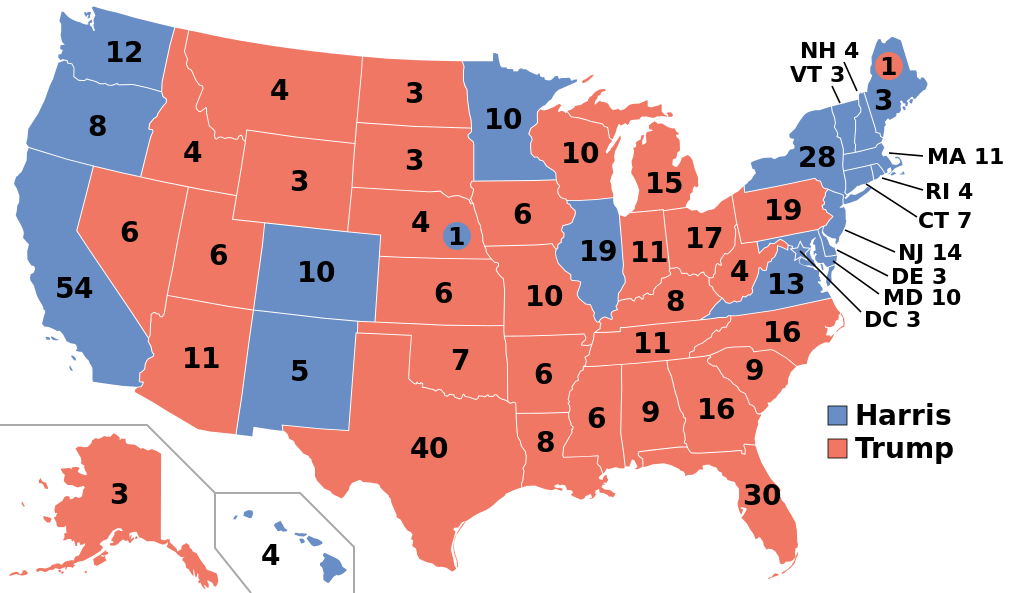







![Image credit to [puamelia]](https://memorialswordandshield.com/wp-content/uploads/2025/08/3435027358_ef87531f0b_o-1200x803.jpg)

